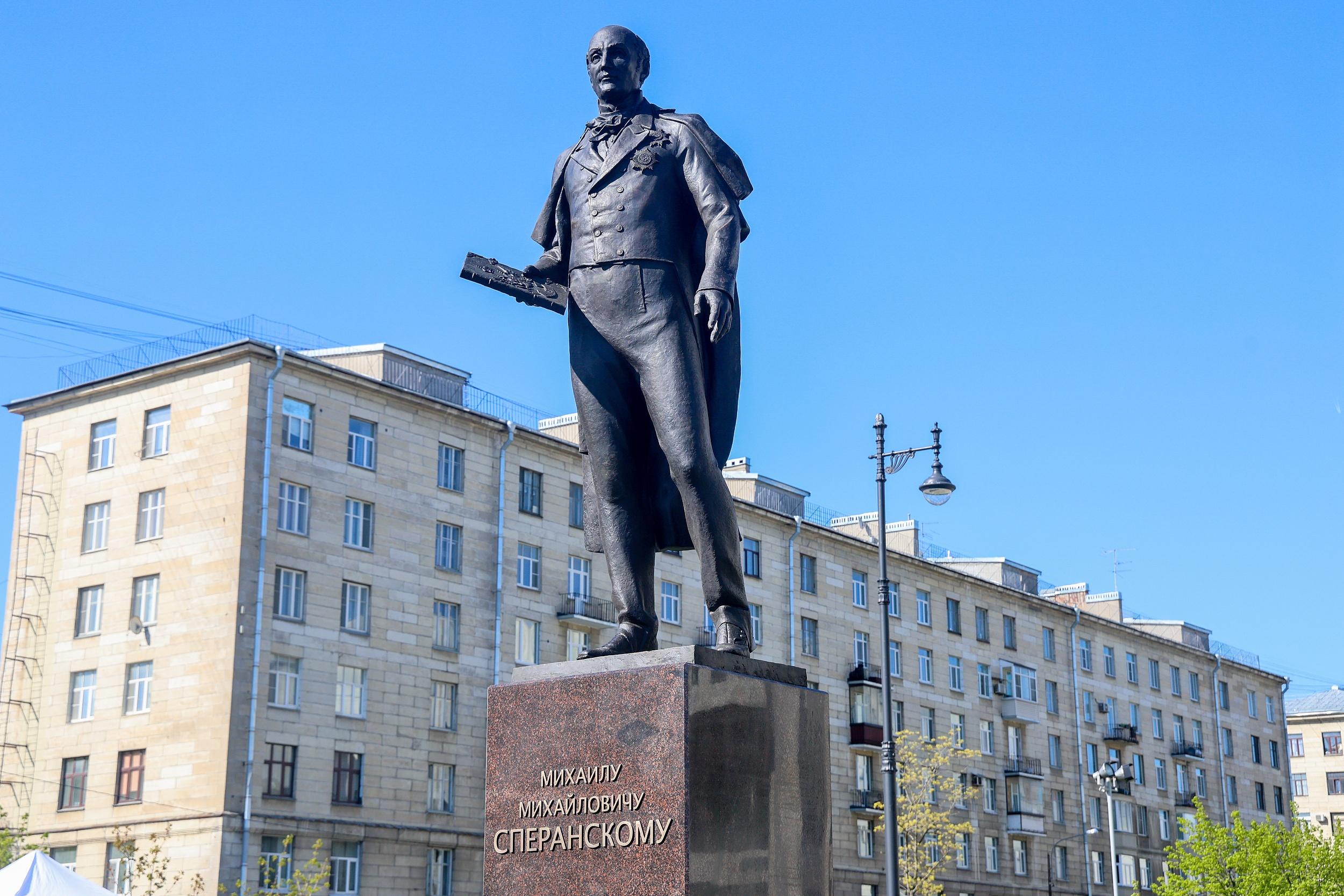Preserving China and Russia's Cultural Memory

Founded in 1795, the National Library of Russia (NLR) is the first public library in Europe and the oldest in Russia. For over 200 years, with its collection of over 40 million rare books, the NLR has been a vast repository preserving Russia's cultural memory and continuing its historical mission.
In recent years, the NLR has developed fruitful collaborations with several Chinese institutions. This year, the library hosted the "One War, One Victory" exhibition, commemorating the 80th anniversary of victory in the War of Resistance and the World Anti-Fascist War and showcasing the history of the Chinese and Soviet people fighting together for victory. The recently held opening ceremony highlighted the richness of the two peoples' shared history.
Science and Technology Daily spoke to Denis Tsypkin, the NLR's director, about the library's collection and development plans, its Chinese document collection, its cooperation with China, and how it is meeting the challenges of the information age.
Tsypkin said the NLR's current collection of Chinese literature comprises around 50,000 books, 1,200 periodicals and 100 newspapers, spanning various periods and subjects. The most precious of these is the Chinese edition of The Eastern Journey of Nicholas II published in 1890-91, of which only three copies were printed. He said the Chinese edition demonstrates deep respect for China's printing traditions and underscores the profound political and symbolic significance of the visit.
The long trip in 1890-91 was significant as "no previous reigning sovereign had enjoyed such an opportunity of seeing first-hand Russia's neighbors," according to reports. The trip through Warsaw covered Egypt, India, Ceylon (today's Sri Lanka), Thailand, Java, Saigon, China, Japan and Siberia.
The Chinese literature collection of the Department of Asian and African Literature is the library's fastest-growing collection, with over a thousand new Chinese documents added each year.
"This rapid growth in recent years is primarily due to our active collaboration with the National Library of China and other Chinese libraries," Tsypkin said.
He believes there are significant prospects for cooperation between China and Russia in areas such as the protection and preservation of library collections, document restoration, and the digitization of library collections.
"Our similar views on literary heritage research, book culture, and the promotion of universal reading have also brought us closer together," he added.
In May, the year 2026-2027 was designated as the Russia-China Years of Education. The NLR has already participated in several educational projects aiming to engage young Chinese students studying in Russia.
According to Tsypkin, both Russian and Chinese libraries consider preserving and transmitting the nation's written memory to the next generation to be their fundamental mission. Their work to foster a love of reading and create a literate society is extremely important as it improves people's quality of life and promotes successful national development.
"For Russian libraries, China's national policies, organization and experience in supporting and researching reading are worthy of attention. Chinese library colleagues may also be interested in the experience of the Federal Center for the Preservation and Conservation of Collections, housed within the NLR, and its work in bibliographic theory and practice," Tsypkin added.







